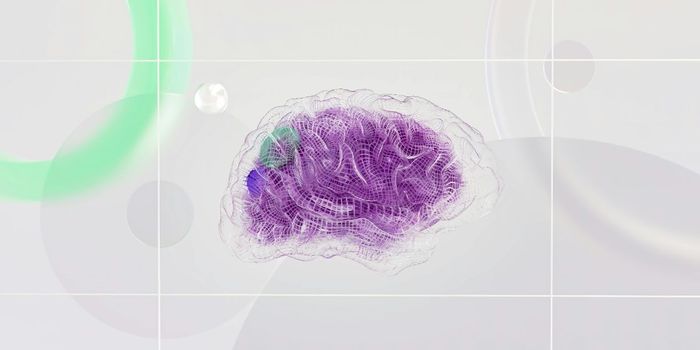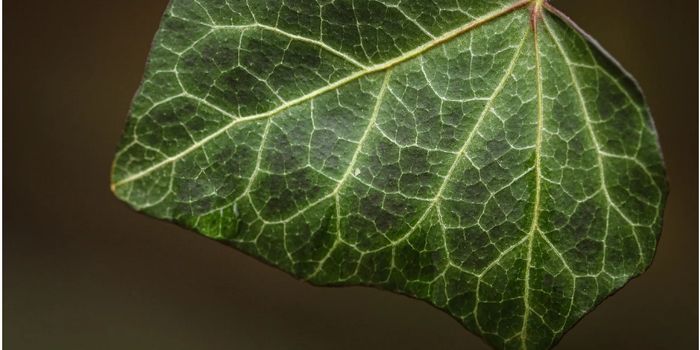New Consortium Aims to Advance Cell Therapeutics
The National Science Foundation (NSF) has used $20 million to create a consortium of universities that will support a new engineering research center (ERC), which brings industry and the clinic together. The goal is to develop revolutionary tools and techniques for the reliable and efficient production of high-quality, low-cost therapeutic cells. These cells could be useful for a huge number of critical medical therapies that may change how cancer, heart, or autoimmune diseases are treated.
The NSF Engineering Research Center for Cell Manufacturing Technologies (CMaT), led by the Georgia Institute of Technology, will investigate ways to use stem, immune, or other types of cells to fight disease. Some cell-based therapies have already been approved for limited use, like a blood cancer treatment that uses T cells; more are anticipated. CMaT is aiming to facilitate that by improving the logistics of large-scale cell products. While some clinical trials are underway, the industry has not yet set standards. This will be a good starting point.
"For over 30 years, NSF Engineering Research Centers have promoted innovation, helped to maintain our competitive edge, and added billions of dollars to the U.S. economy," commented NSF Director France Córdova. "They bring together talented innovators and entrepreneurs with resources from academia, industry and government to produce engineers and engineering systems that solve real-world problems. I am confident that these new ERCs will strengthen U.S. competitiveness for the next generation and continue our legacy of improving the quality of life for all Americans."
"Unlike pharmaceuticals and other products now used in medical treatments, cells are living entities whose properties can significantly change depending on nuances in the way they are grown, stored or otherwise manipulated," said Krishnendu Roy, Director of CMaT and the Robert A. Milton Chair Professor in the Wallace H. Coulter Department of Biomedical Engineering at Georgia Tech and Emory University. "The center will develop new engineering tools and scalable methods to better characterize, expand, differentiate, separate, transport and store high-quality cells so they provide consistent therapeutic effects, allowing them to be used in standardized therapies by clinicians to serve large numbers of patients worldwide."
This public-private CMaT partnership will also aid in the training of a diverse, inclusive and skilled workforce through education and training activities at every level, from kindergarten to university.
"Georgia Tech has a long history of building collaborative partnerships with industry, the national labs and other research universities. With the support of the NSF and this new ERC, we will be able to capitalize on expertise in multiple areas, taking transformative research from the laboratory to practice much more quickly," noted Georgia Tech President G. P. "Bud" Peterson. "The Center for Cell Manufacturing Technologies will also help us educate, train and prepare the workforce in a new industry, thereby continuing to strengthen the U.S. economy."
The NSF takes an interdisciplinary approach to solving complex problems that are facing our society. "The overall goal of the NSF Engineering Research Centers program is nothing less than to revolutionize engineering research and education in the United States," said Dawn Tilbury, NSF assistant director for engineering. "We look forward to the exciting advances and outcomes in these important areas."
"The cell and gene therapy fields are on the cusp of multiple regulatory approvals in the near term," said Bruce Levine, Barbara and Edward Netter Professor in Cancer Gene Therapy in the Perelman School of Medicine at the University of Pennsylvania. "The challenges ahead lie in developing manufacturing and testing processes incorporating automation that can bring costs down and allow access to more patients."
Important discoveries are often made at the boundaries of different fields of study, and CMaT will bring various specialties together for research as well as workforce development, said Madeline Torres-Lugo, a Professor in the Department of Chemical Engineering at the University of Puerto Rico, Mayaguez Campus.
"Our work will provide safer and more potent cell products that will allow clinical studies to establish the effectiveness of these cells as therapeutics," Palecek said. "In addition, our work on scaling cell production will enable manufacturing of sufficient numbers of cells to replace damaged organs, such as the loss of heart muscle after a heart attack, at a cost that makes these therapies accessible to broad segments of society. We will also train the future leaders of the emerging therapeutic cell manufacturing industry. These students and their work establishing this industry will be the most significant impact of CMaT."
"ERCs are widely known as outstanding examples of successful partnerships between universities, private industry, and government that have made significant contributions to address national challenges," said Don Millard, acting division director for the NSF Division of Engineering Education and Centers. "We are continually working with the scientific and engineering communities, as well as private industry and government partners, to ensure NSF-funded centers and grantees are best-equipped to match societal needs with research abilities."
Sources: AAAS/Eurekalert! Via Georgia Tech










